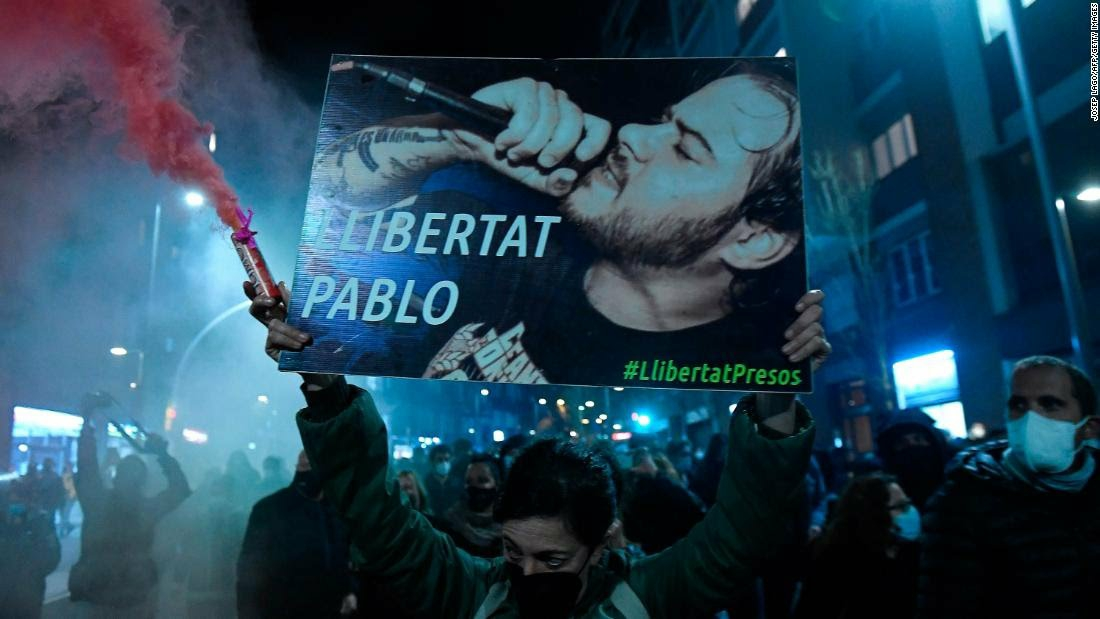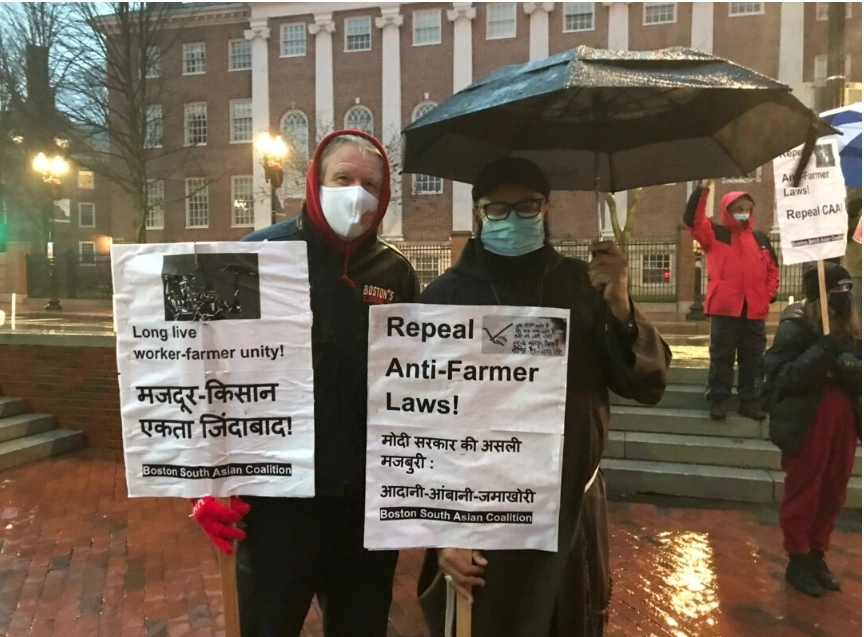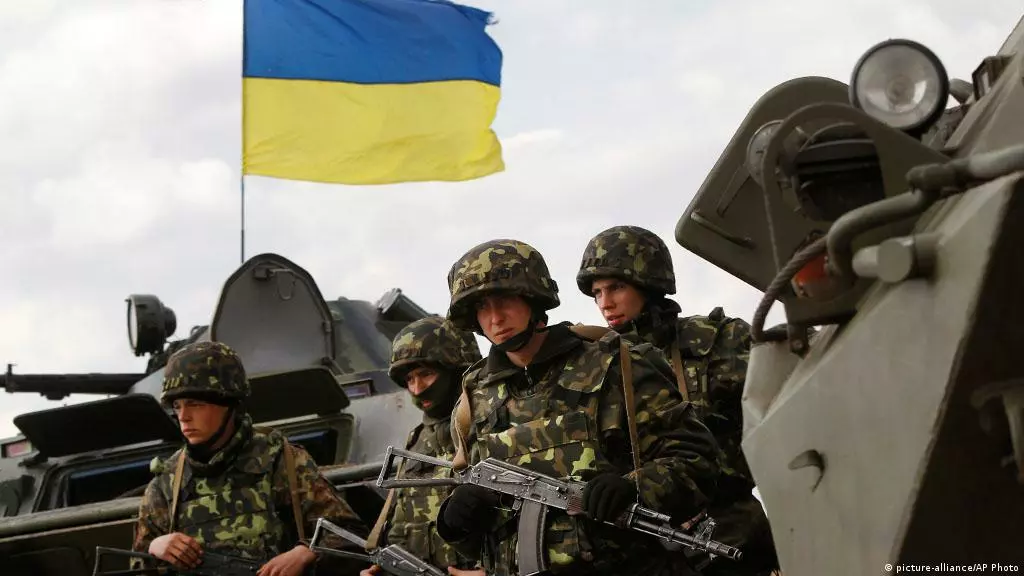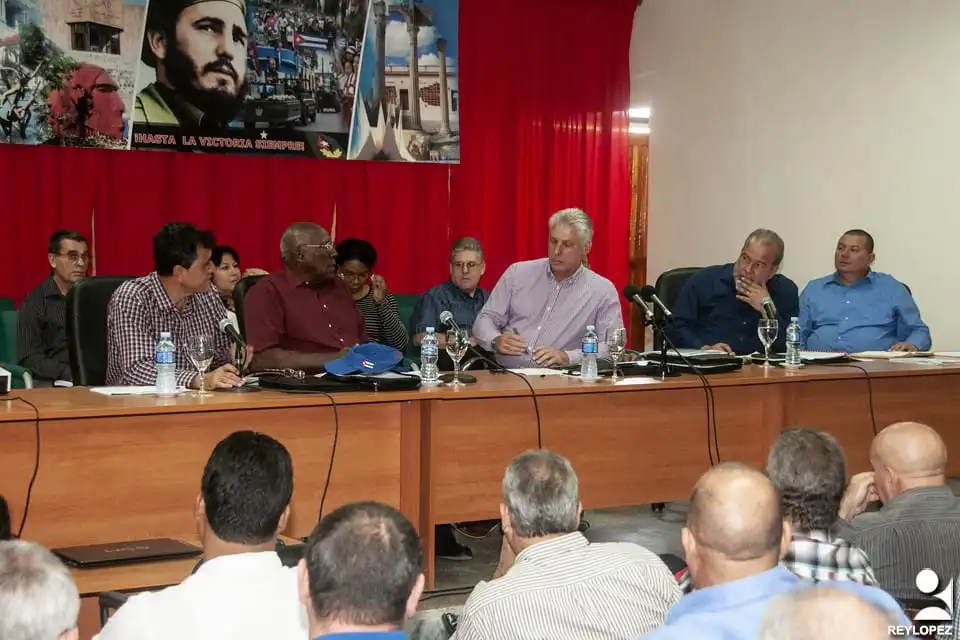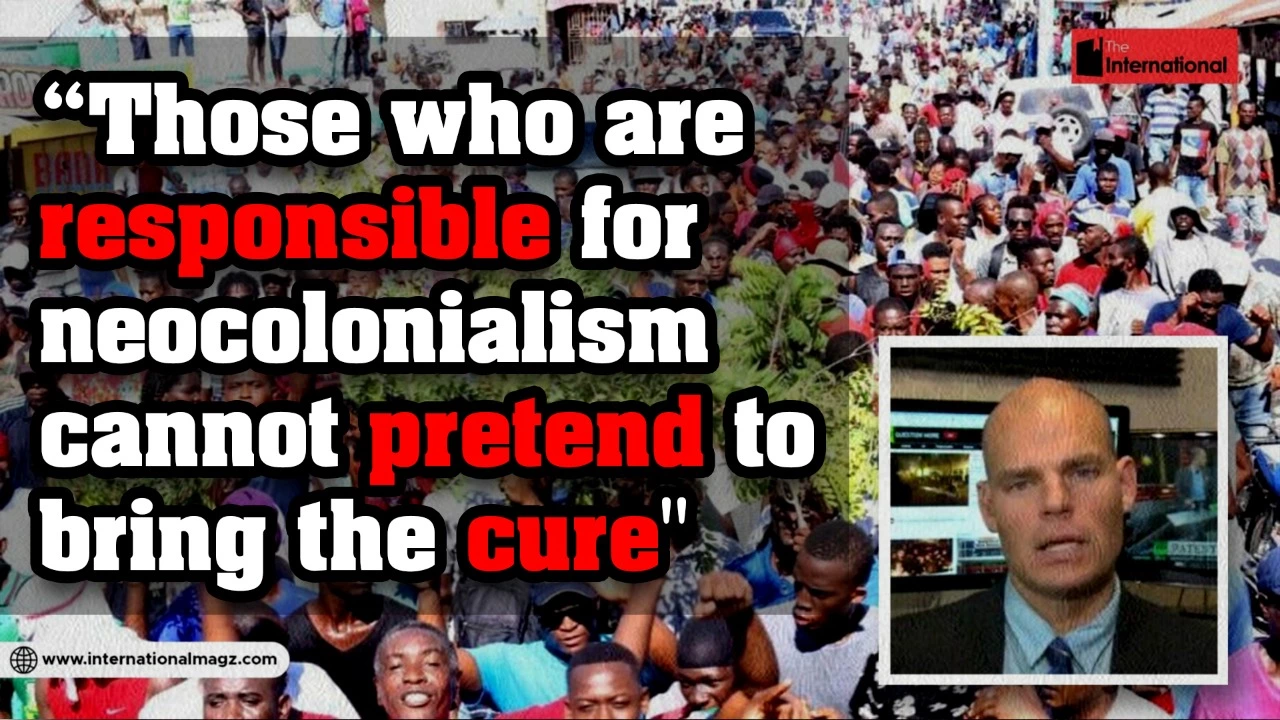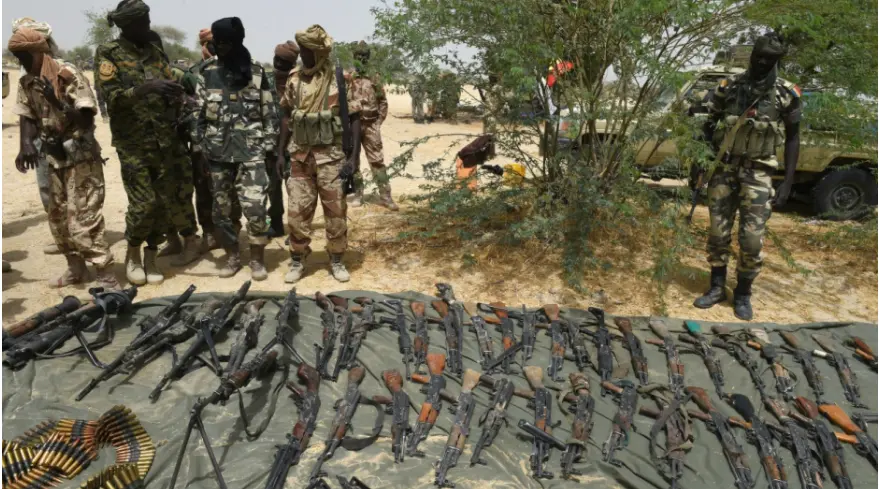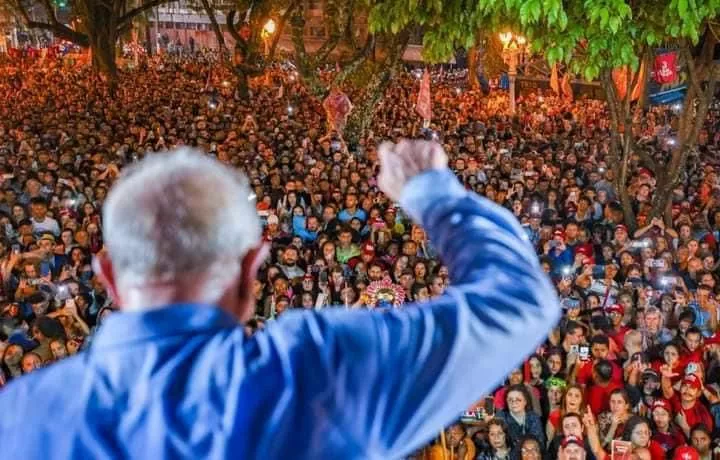The pictures of mass gathering and agitations are nothing new on the streets of Catalonia. Since 2017, the streets of Catalonia have been witnessing huge mass upsurges and movements against the authoritarian Spanish rule. The historical roots trace back to a simple fact: the people of Catalonia have never identified themselves, at least without considerable effort, as Spanish. They have always demonstrated their difference with the Spanish in terms of language and culture. Catalonia for them is a land completely separate from the hegemonic nation of Spain.
For the past few years, this Catalonian sentiment has played a fundamental role in terms of organising mass agitations and protests. Since 2017, Catalonia has seen hundreds of thousands of people coming out on the streets and demanding an acknowledgement of their province as a separate state or country. In 2019, the streets of Catalonia witnessed bloodshed, riots and collision between the police and the people. The pro-independence parties were in full swing in terms of organising the protests. The protests even followed the football ground. The spectators threw yellow balloons inside Camp Nou, a stadium owned by Futbol Club Barcelona. The club carries a history of supporting the Catalan cause and the Catalan independence movement. However, at that time the management made it clear that the club did not want to involve its name with the political controversy. But who controls the fans? They were not afraid to express their grievances against the Spanish government, even on the football ground.
After two years of peaceful co-existence, the streets of Barcelona, Girona and other Catalan cities are alive with protests once again. After the arrest of the Catalan-Communist rapper Pablo Hasel, the streets are witnessing huge mass protests again. As per the Spanish police, the rapper had allegedly mocked the Spanish Monarchy in his song and glorified terrorist activities and ideas. The rapper was arrested and sentenced to jail for nine months. After this very controversial incident, the people in Catalonia did not waste time to rise in rage. The act has been understood as politically motivated to keep Catalans in line, as well as a gross repression of Freedom of Speech and Expression by the Spanish State. The accusations on the musician of 'championing terrorism' and breeding 'anti-monarchy' sentiments can be interpreted clearly in tandem with the history of Spanish discrimination and violence on Catalonia. The monarchy that the state still endeavours to protect in the twenty-first century can be accused of a history of violent discrimination towards Catalans. As recent as last year, the regional parliament in Catalonia passed a motion of condemnation of the Spanish monarchy and recorded their intention to separate their republic from the monarch. This occured right after the former Spanish king, Juan Carlos fled the country to avoid prosecution for siphoning funds offshore. The Catalonian government, led by its people, have long declared that they recognize no monarch as their king. This time, streets are flooded again with thousands of protesters marching on. However, this time the protest seems a bit different than the previous ones.
The difference is the visible presence of the Catalan Left. For the past few years, the role of the Catalan leftists remained unrecognised and undiscussed. The effect and impact of the pro-independence parties had outclassed the role of the leftists in the Catalan independence movement. But times have changed. People have gathered under the banner of several left-wing forces and red flags. The Communist Party of Catalan People, Socialist Party of Catalonia, the Republican Left of Catalonia, have all been assuming key roles in the ongoing movement. The leftists and the left leaning trade unions are pivotal in organising people in demand of the release of Pablo Hasel as well as for amnesty of Catalan prisoners. The protestors have also demanded freedom of speech and expression of the people of Catalonia. The Scottish pro-independence activists and the musicians and WFTU members in Greece have also expressed their solidarity to the rapper Pablo Hassel.
The leftists have always remained one of the prime forces behind the Catalonian self-determination movement and a staunch opposing force against dictators like Rivera and Franco. In the time of the rule of Miguel Primo De Rivera, Josep Sunyol, the founding member of the Republican Left of Catalonia, loudly proclaimed his demand for Catalonian independence, rising against the Spanish dictator. In his left-wing newspaper, La Rambla, he strongly criticised the Rivera government. Sunyol later became the president of Futbol club Barcelona, and during his presidency, the club became the symbol of Catalan independence and a voice against the authoritarian dictatorship. Sunyol was arrested and murdered by the Francoist troops in 1936, but this failed to silence the voices of Catalan left and pro-independence forces. Many left activists and intellectuals took active part in the Catalan self determination movement and against the Francoist dictatorial rule. The proliferation of left voices among the support base of FC Barcelona is a perfect example of the active left participation in the Catalan movement.
In recent times, the role of the leftist forces in the Catalan pro independence movements went unnoticed for different reasons. Nevertheless, in the recent parliamentary election, the left parties obtained a good share of votes. This movement may be an indicator of the fact that left politics in Catalonia is once again on the rise and setting a new benchmark in service of the Catalans.
